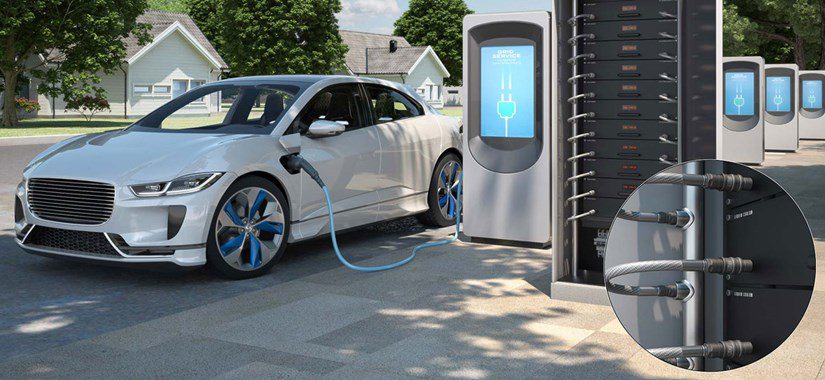
_______________________________________________________________________________________
IRS Clean Vehicle Credit Seller or Dealer Requirements webpage
IRS Used Clean Vehicle Credit webpage
IRS Energy Credits Online Tool: Register dealerships to receive advance EV tax credit payments.
Energy Credits Online Registration User Guide: Step-by-step instructions for using the IRS Energy Credits Online tool.
Dealership IRS Online Tool Registration FAQs
IRS TIme-of-Sale Reporting User Guide | IRS Time-of-Sale Reporting overview video
Permission Management User Guide: Instructions for adding additional dealership users for the IRS Energy Credits Online tool.
Determine federal tax credit eligible vehicles: Visit the fuel economy government site to determine which vehicles are eligible for tax credits
Important informatiion for consumers tranferring 30D (new) and 25E (used) credits
_______________________________________________________________________________________
Good news: Following significant advocacy by NADA, on Dec. 20, the U.S. Department of the Treasury renewed the “safe harbor” for Section 45W clean vehicle tax credits for commercial vehicle sales in 2024.
What does this mean: Leasing companies will be able to continue leasing qualifying EVs in 2024 and pass on to consumers up to $7,500 from the tax credit they receive. In addition, other commercial buyers will be able to continue to claim tax credits on their EV purchases.
It is important because: Section 45W commercial clean vehicle tax credits are much more flexible than 30D credits and are not subject to restrictive criteria such as where a vehicle’s battery components or minerals are sourced. Accordingly, for leases, the credit is available for virtually any consumer lease of an EV, regardless of adjusted gross income of the lessee. The leasing company simply passes the value of the tax credit to the customer as a savings. 45W is the reason EVs are leased at a much higher rate than other vehicles.
Don’t forget: Section 45W also applies to commercial vehicles above 14,000 GVWR and provides a credit of 30 percent of the cost basis up to $40,000 (15 percent for larger plug-in hybrid vehicles).
So what changed? Luckily, nothing. For cars sold in 2023, the IRS created a safe harbor that allowed both (1) lessors of almost all EV leases and (2) most other light-duty commercial EV purchasers to qualify for a $7,500 tax. Fortunately, the government is extending the safe harbor to 2024.
One last thing: The 30D tax credit for new vehicles will see changes in 2024 based on new criteria for eligible vehicles. NADA will continue to update its members on developments.
_______________________________________________________________________________________
Beginning Jan. 1, 2024 customers purchasing a qualifying EV will be able to transfer their EV Tax Credit pursuant to the Inflation Reduction Act of 2022 ("IRA").
OADA asked the Ohio Department of Taxation to review the IRA and determine whether the transferred tax credit would reduce the customer's purchase price for purposes of calculating sales tax owed. After careful consideration, the Department concluded that a transferred tax credit is similar to a manufacturer rebate and does not reduce a customer's taxable price. Dealers can read the department's Information Release for additional information.
OADA recommends that dealers itemize the amount of the transferred tax credit on buyers' orders and retail installment contracts. Dealers may also discuss this issue with their finance sources for additional instruction. As always, if dealers have questions regarding EV Tax Credits under the IRA, talk with your accounting professional.
For more information, contact Sara Bruce in the Legal Department at OADA at (614) 923-2243 or sbruce@oada.com. You can also visit OADA's website for helpful links and FAQs at our EV Tax Credit Hub.
_______________________________________________________________________________________

Contact Us
GCADA
2315 Crowne Point Drive
Cincinnati, OH 45241
Phone: (513) 326-7100
info@gcada.net